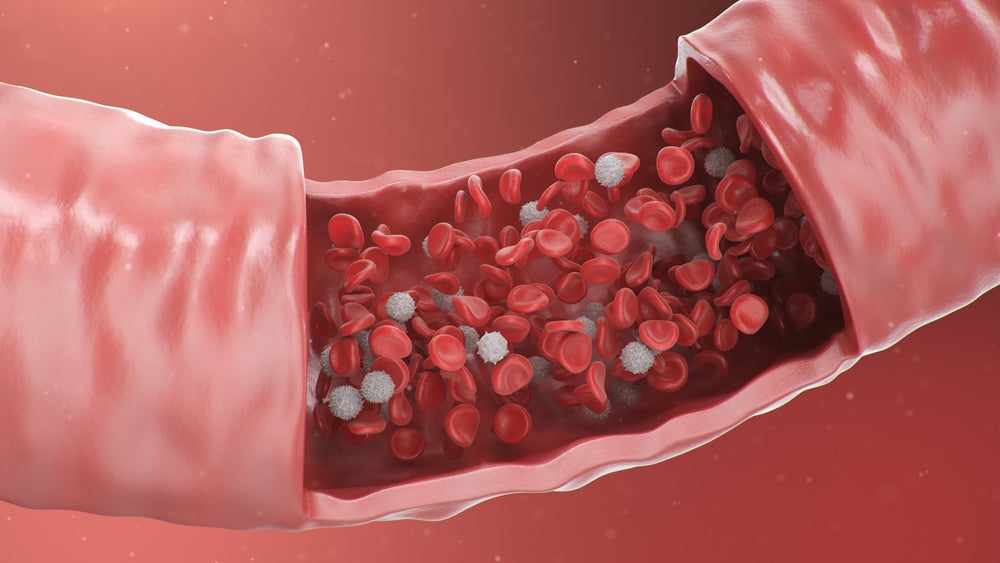Diabetes is one of the most common non-communicable diseases globally, and is a lifelong condition that causes a person’s blood sugar levels to become too high. Diabetic neuropathy is a long-term complication of diabetes that diabetic patients may develop over time, as it is the result of decreased blood flow and high blood sugar levels. Diabetic neuropathy involves a variety of syndromes that differ in clinical course and distribution. Painful diabetic neuropathy (PDN) is a subtype of diabetic neuropathy where patients experience painful symptoms as a result of nerve damage. PDN can be interpreted as pain caused by abnormalities in the nervous system in diabetic patients after the exclusion of other causes. There are four different types of diabetic neuropathy: peripheral, autonomic, proximal, and focal. Each type of neuropathy affects a different area of the body. Frequent and early screenings are the best way to monitor nerve damage and any associated problems, such as foot sores.
Symptoms of diabetic neuropathy vary widely from patient to patient, and some patients have no symptoms. Others, however, may experience painful symptoms that are often described as burning, throbbing, or knife-like pain. Patients experience painful symptoms more severely at night, or when tired or stressed. PDN can complicate diabetes treatment by limiting the patient’s ability to walk or engage in other types of exercise, which are activities that are known to improve glucose management. In addition, PDN often severely interferes with sleep, and lack of sleep can also negatively impact blood sugar control. According to GlobalData’s epidemiological forecast, EpiCast Report: Painful Diabetic Neuropathy – Epidemiology Forecast to 2026, the majority of patients in the seven major markets (7MM: US, France, Germany, Italy, Spain, UK, and Japan) present with moderate neuropathy at time of diagnosis. This indicates that PDN may go unnoticed for some time, and may only be revealed when the disease has progressed in severity.
Undiagnosed PDN is a major concern, as it creates additional social and economic burdens on a country’s healthcare system. Patients with diabetic neuropathy require increased medical attention, as the condition can result in blisters and sores developing on the numb areas of the foot due to pressure or injury going unnoticed. If an infection occurs and is not treated promptly, it may spread to the bone, and the foot may then have to be amputated. Many amputations are preventable if minor problems are caught and treated in time.
Frequent screenings are the best way to prevent neuropathy and amputations. Patients must keep their blood glucose levels as close to the normal range as possible. Maintaining safe blood glucose levels protects nerves throughout the body. Foot exams are vital to assess the skin, muscles, bones, circulation, and sensation of the feet. The earlier diabetic neuropathy is detected, the sooner patients can take measures to prevent the exacerbation of nerve damage.
Figure 1 below shows GlobalData’s analysis of the severity of nerve damage in the diagnosed prevalent cases of type 1 and type 2 diabetes in the 7MM in 2016.
| Figure 1: 7MM, Total Prevalent Cases of PDN by Severity of Neuropathy (N), 2016. |

How well do you really know your competitors?
Access the most comprehensive Company Profiles on the market, powered by GlobalData. Save hours of research. Gain competitive edge.

Thank you!
Your download email will arrive shortly
Not ready to buy yet? Download a free sample
We are confident about the unique quality of our Company Profiles. However, we want you to make the most beneficial decision for your business, so we offer a free sample that you can download by submitting the below form
By GlobalData| Source: GlobalData © GlobalData
5EU= France, Germany, Italy, Spain, and UK; 7MM= US, 5EU, and Japan |






